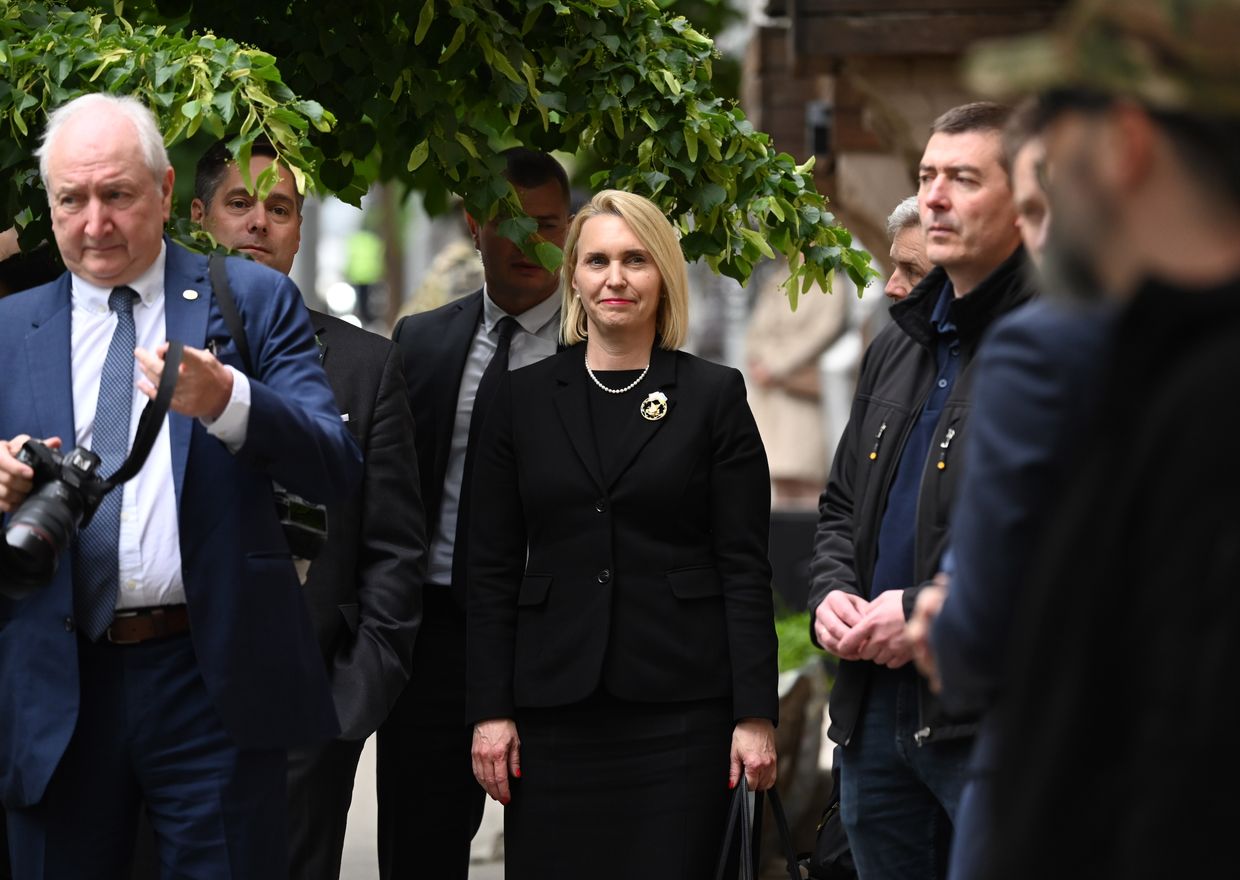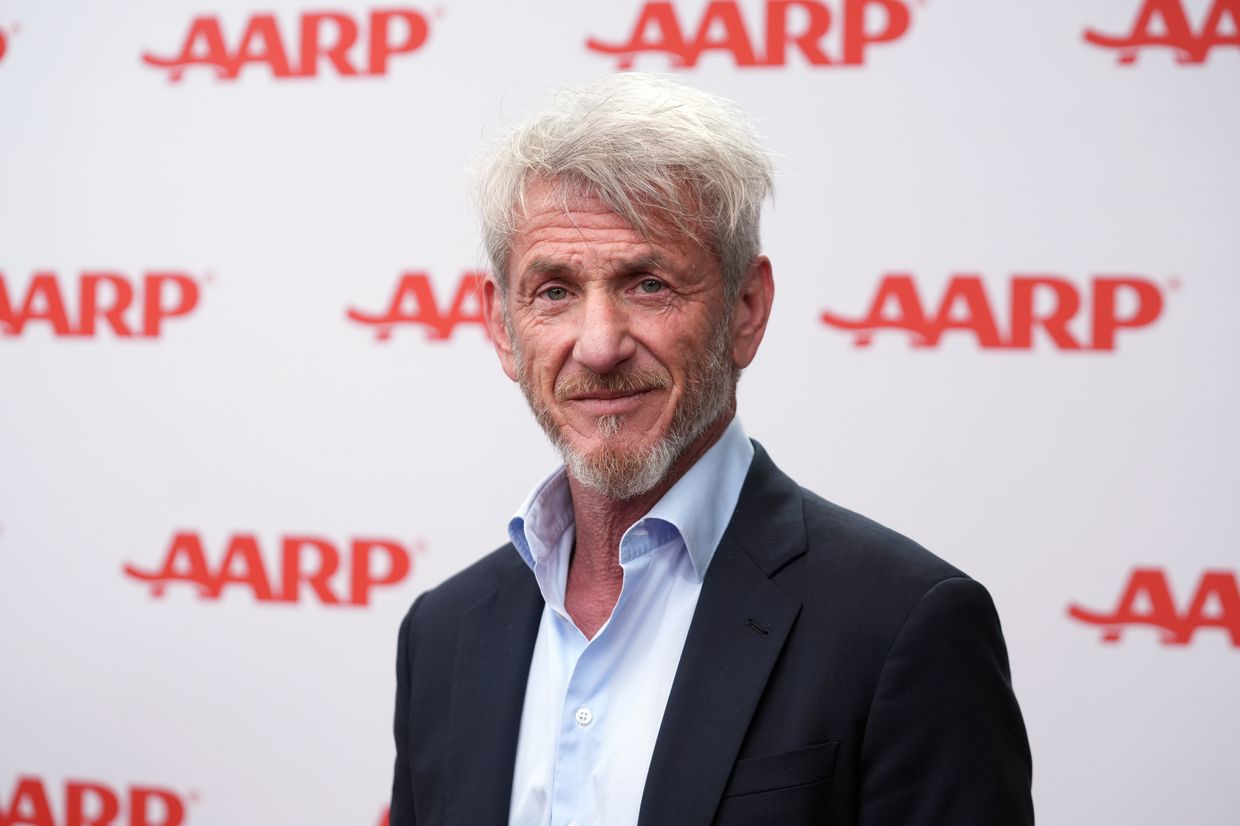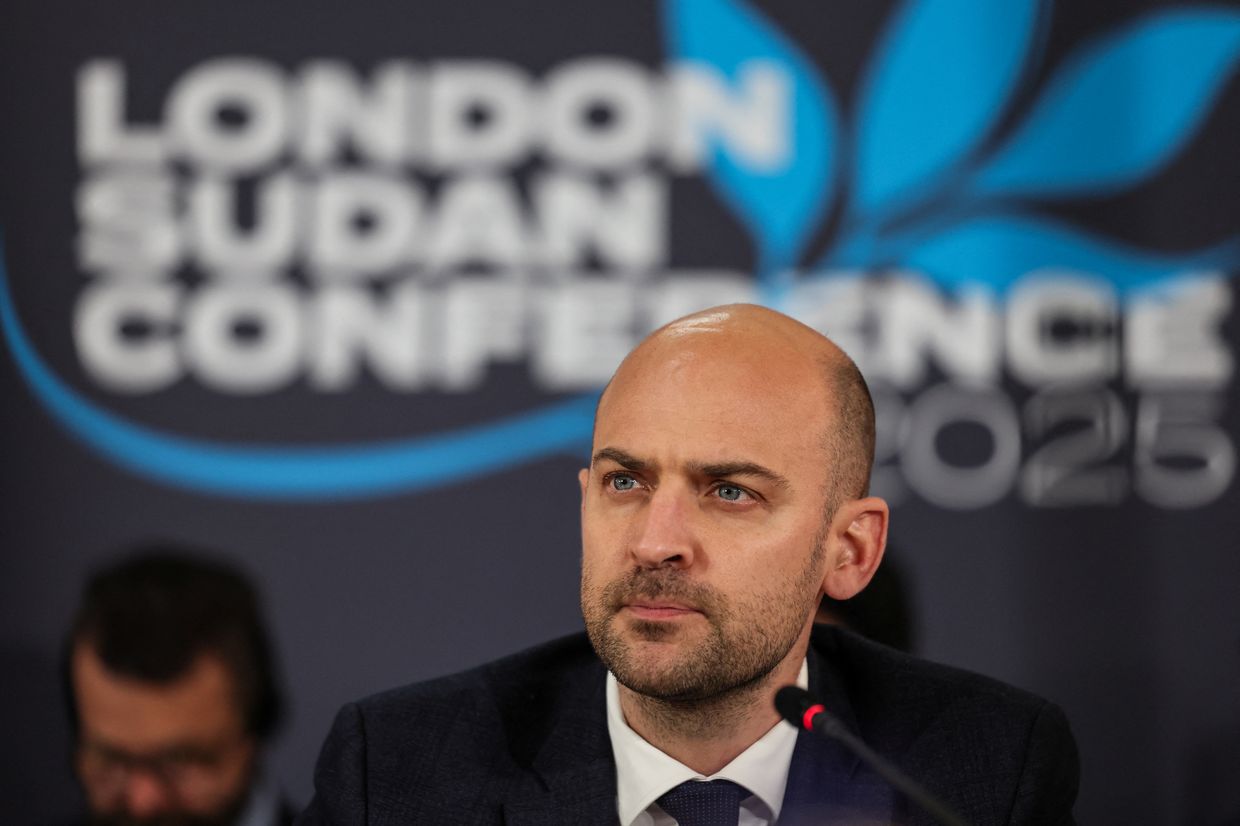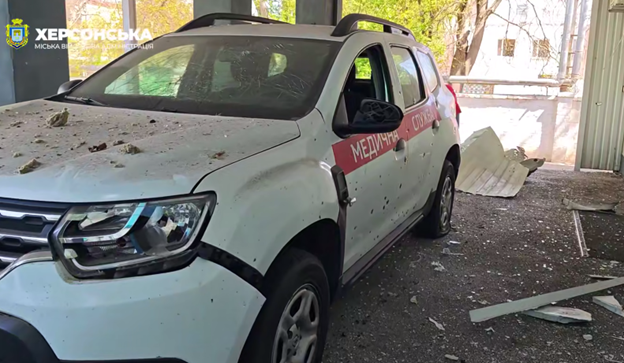Japan's Kyushu University Institute for Q-shu Pioneers of Space (iQPS) has agreed to provide Ukraine's military intelligence agency (HUR) with synthetic aperture radar (SAR) imagery, Intelligence Online magazine reported on April 21.
Japanese and Ukrainian authorities reportedly began discussing possible support in February, with the talks gaining urgency after the U.S. temporarily paused intelligence assistance for Kyiv in early March.
iQPS, which plans to launch its seventh SAR observation satellite by late 2026, agreed with Kyiv on a timeline of two to three months to install relevant software onto Ukrainian intelligence's platforms, the magazine wrote.
The Kyiv Independent could not immediately verify the claims.
SAR technology, which can recreate two-dimensional or three-dimensional images of landscapes or objects, has broad military applications. It can help track enemy movement and installations regardless of weather conditions.
Ukraine receives intelligence support from other partners, including France and the U.K.. Nevertheless, the U.S.-imposed pause underscored its critical role in military planning, namely in launching long-range strikes and intercepting Russian aerial attacks.
Washington claimed its halt on intelligence support, which coincided with the freezing of arms supplies, extended only to offensive operations. While the U.S. resumed the assistance after progress in ceasefire talks, the move ramped up concerns about further cuts in the future.
Ukraine's military heavily relies on Starlink, a communications system owned by Elon Musk, U.S. President Donald Trump's close ally and critic of military aid to Kyiv. French satellite operator Eutelsat pledged to scale up its operations in Ukraine but said it could not currently replace the 50,000 Starlink terminals operating in the country.
As tensions mount in US embassy in Kyiv, former official breaks silence
As U.S. President Donald Trump is pursuing rapprochement with Russia, the country’s embassy in Kyiv is facing internal strain. Following the change in administration, Bridget Brink, who had been the U.S. ambassador to Ukraine since 2022, was put in the hot seat. Brink attempted to align with the


.png)
 German (DE)
German (DE)  English (US)
English (US)  Spanish (ES)
Spanish (ES)  French (FR)
French (FR)  Hindi (IN)
Hindi (IN)  Italian (IT)
Italian (IT)  Russian (RU)
Russian (RU)  2 hours ago
1
2 hours ago
1









Comments